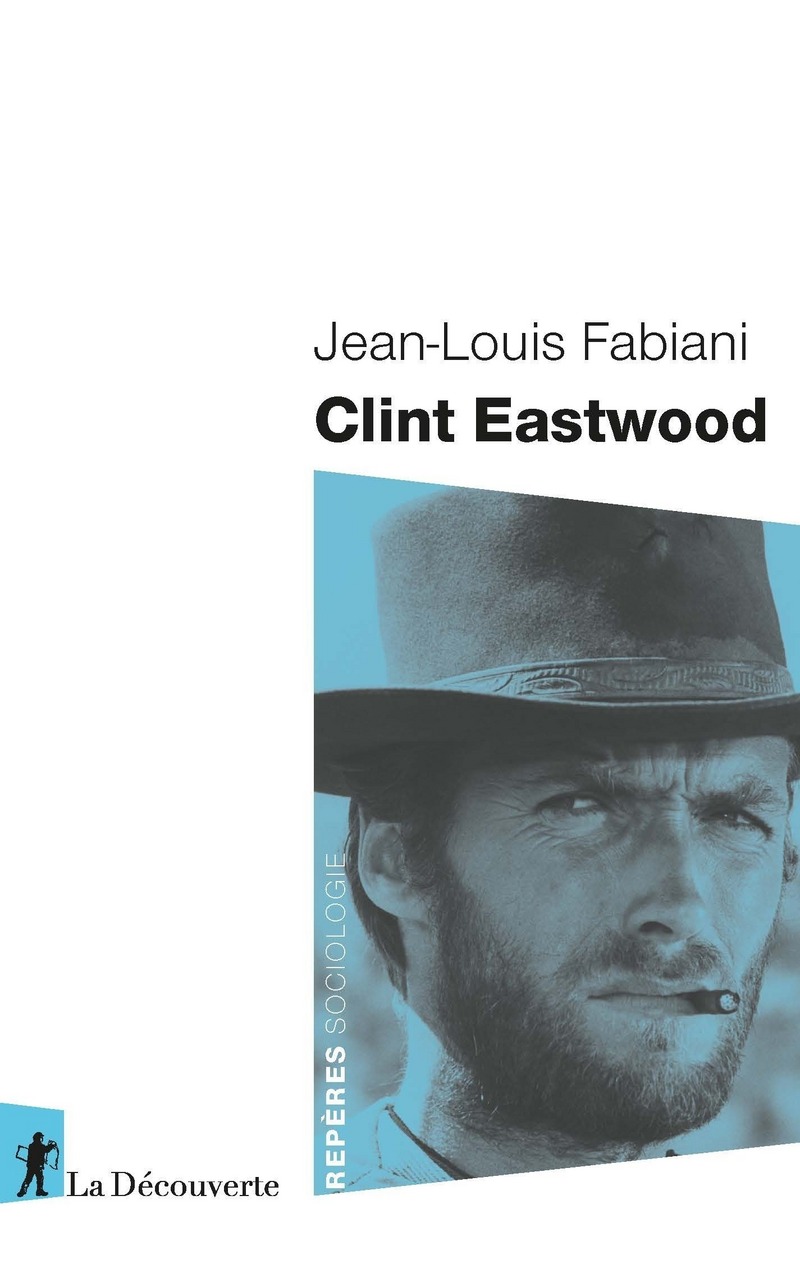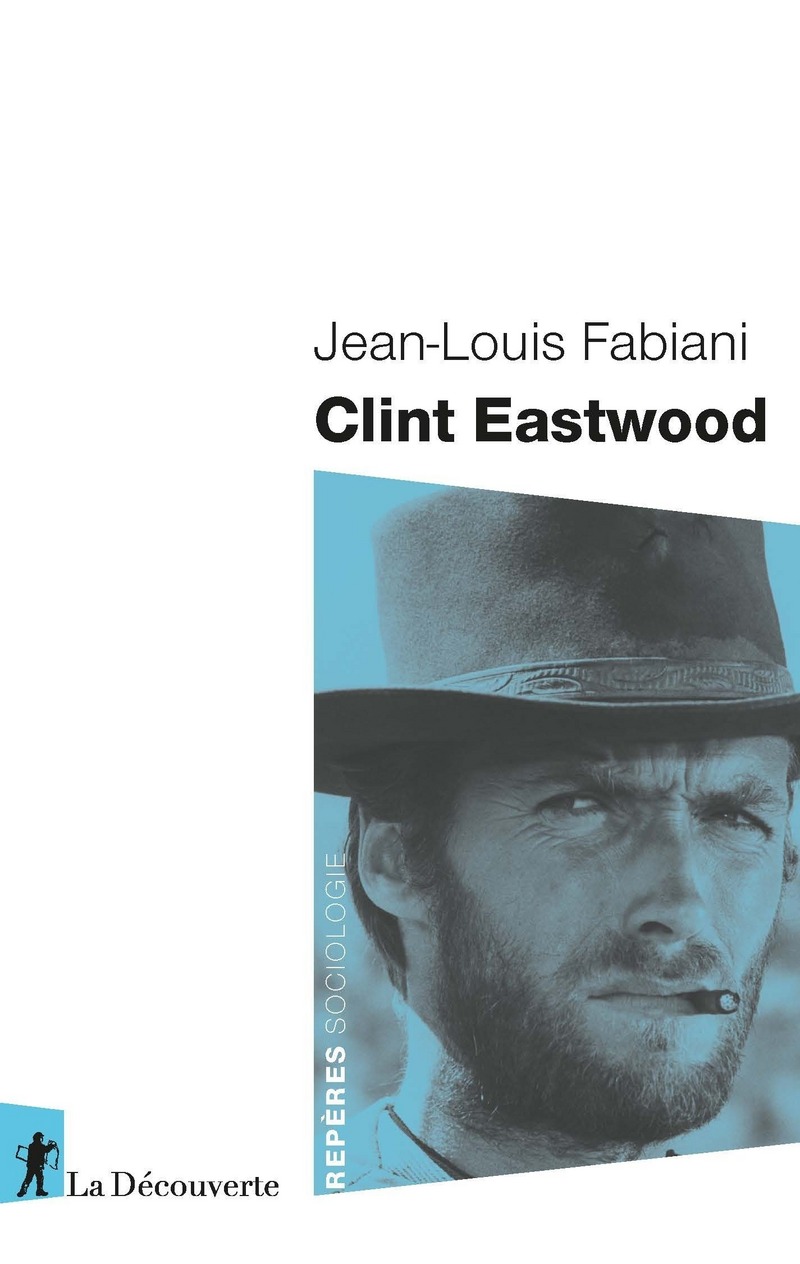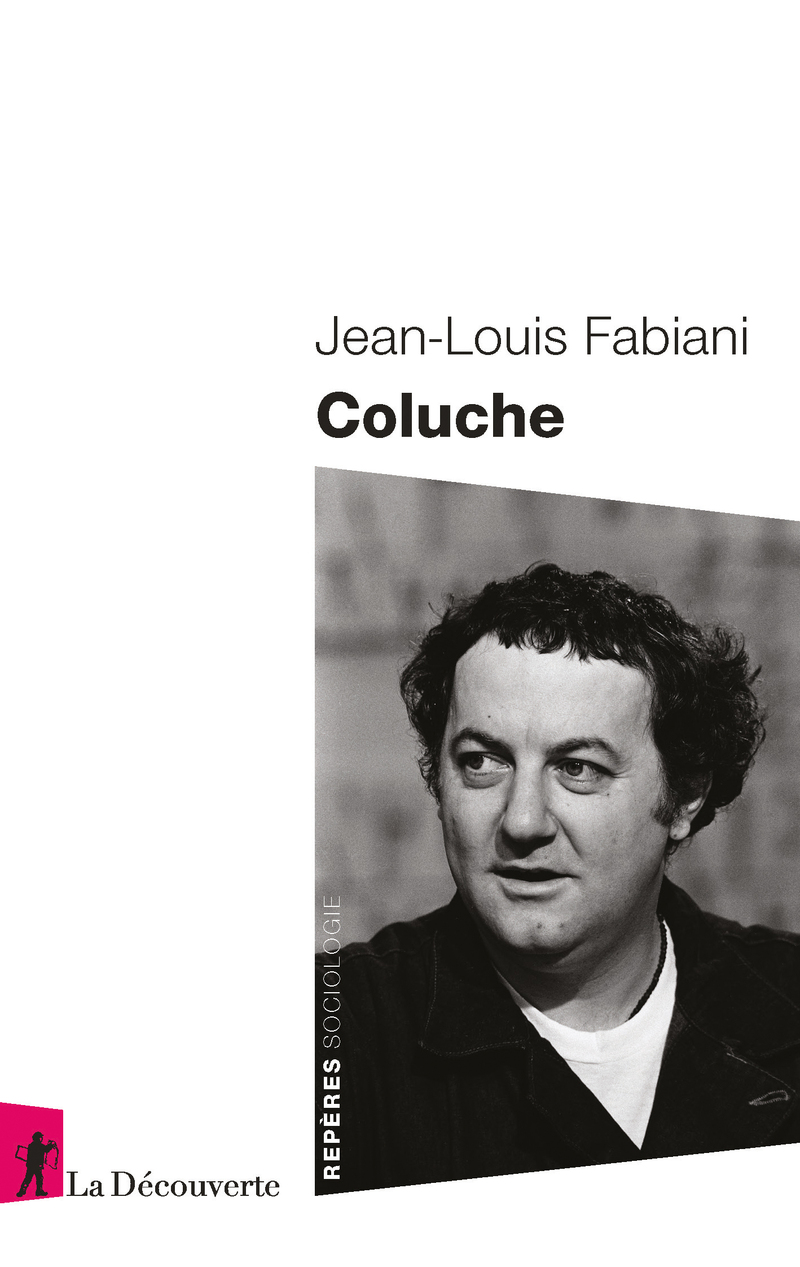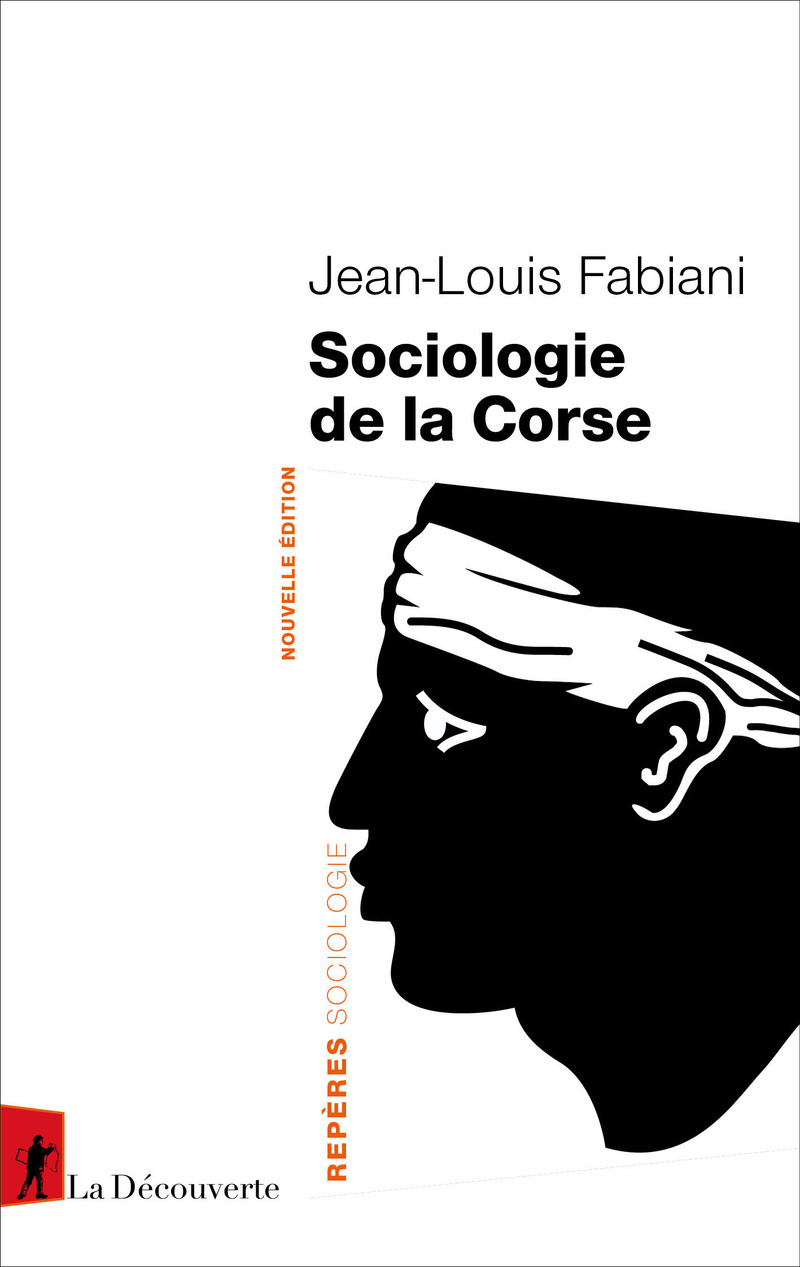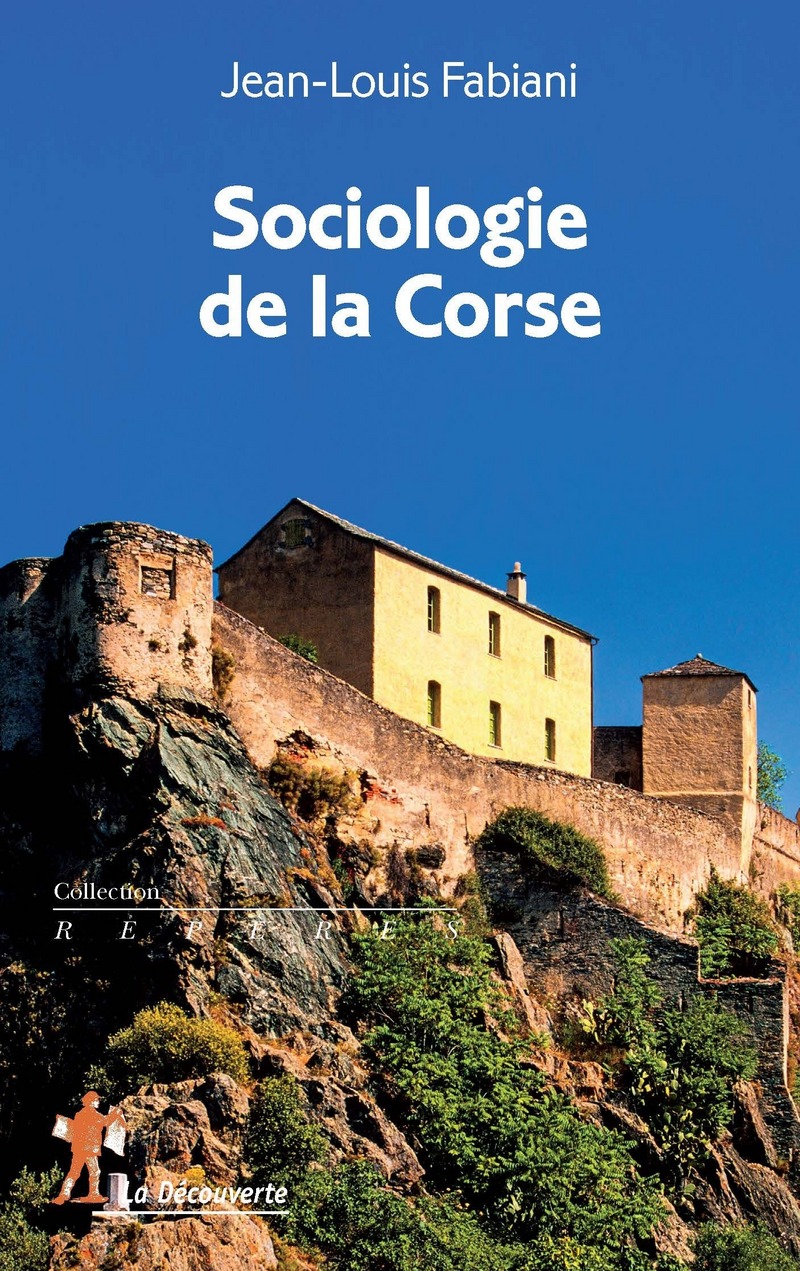Clint Eastwood
Jean-Louis Fabiani
Clint Eastwood est aujourd'hui le metteur en scène de cinéma le plus populaire au monde. Sa longévité exceptionnelle – il tourne et joue encore à quatre-vingt-dix ans – lui a permis de traverser les époques et les genres : western, mélodrame, film policier. Il revisite les classiques du cinéma américain tout en les adaptant au contexte social et politique de notre temps. On pourrait le classer à droite si l'on considère ses prises de position politiques et quelques-uns de ses thèmes, comme celui du flic qui ne s'embarrasse guère de légalité, ou celui du mâle blanc sauveur. Pourtant, il serait trop facile de ne retenir que cette image. Des féministes voient en lui le déconstructeur de la masculinité. Les Africains-Américains en font leur acteur préféré.
Il y a donc un mystère Clint Eastwood, que ce livre tente d'éclaircir, en analysant sociologiquement son parcours et en rendant compte de la manière dont il représente les questions de classe, de genre et de couleur. L'ambivalence est le maître mot de son œuvre et lui donne son caractère ouvert, susceptible d'appropriations multiples et contradictoires.

 Jean-Louis Fabiani
Jean-Louis Fabiani


Jean-Louis Fabiani est sociologue, professeur émérite à la Central European University (Vienne) et directeur d'études retraité à l'EHESS. Il est l'auteur, entre autres ouvrages, de Pierre Bourdieu. Un structuralisme héroïque (Seuil, 2016), Sociologie de la Corse (" Repères ", 2018) et Clint Eastwood (" Repères ", 2020).
Table des matières 

Introduction
I / Un Californien ordinaire
De quoi est fait un personnage
Comment les stars sont nées
Acteurs et types
L'invention d'un homme populaire
Le maître-nageur
La longue gestation du talent
Vu à la télé
II / Miracle à Rome
Même les niais doivent évoluer
Le miracle
Du bon usage des stigmates
Des effets en retour
L'enseignement du maître italien
III / Dirty Harry, Fascist Clint ?
Le justicier rentre au pays
Le bien, le mal et l'inspecteur
Un film politique ?
Montrer la violence
IV / Le propre de l'homme
Un homme parmi d'autres
À l'Ouest, un nouveau mâle ?
Vieillir au cinéma
V / Portraits de femmes
De la médiation à l'hystérie
Un homme harcelé ?
Le chemin de la réciprocité
À la recherche d'une fille à aimer
VI / Color blind ?
L'inertie d'un stéréotype
Musique noire, cinéaste blanc
Où sont passés les Noirs ?
Hubris blanche et Afrique noire
Un Blanc peut-il filmer d'autres couleurs ?
VII / Est-il bon ? Est-il méchant ?
Jeunes génies et vieux maîtres
L'auteur inattendu
Ambivalence et dédiabolisation
La leçon d'économie de la Nouvelle Vague
La conquête du public
Conclusion
Repères bibliographiques.




